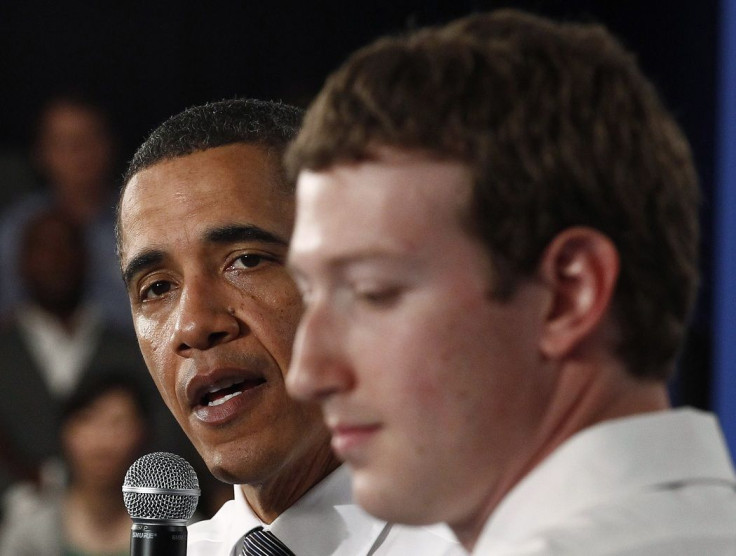Why the Geek Shall Inherit the Earth: How Social Rejection Sparks Creativity and Productivity

It hurts to be excluded, but a new study finds that social rejection can actually spark the imagination, particularly in people with a strong sense of their own independence.
Researchers from Johns Hopkins University in Maryland found that for independent people, social rejection can be "a form of validation" to their own beliefs, which can lead them on to greater creativity and productivity.
"For people who already feel separate from the crowd, social rejection can be a form of validation," lead author Sharon Kim of Johns Hopkins Carey Business School said in a statement. "Rejection confirms for independent people what they already feel about themselves, that they're not like others. For such people, that distinction is a positive one leading them to greater creativity."
In contrast, researchers noted that previous studies found that social rejection actually inhibits cognitive thinking in people who value belonging to a group.
Kim and her team wanted to study to impact of rejection on people who possessed a strong "independent self-concept" and take pride in being different from others.
"We're seeing in society a growing concern about the negative consequences of social rejection, thanks largely to media reports about bullying that occurs at school, in the workplace, and online," Kim said.
"Obviously, bullying is reprehensible and produces nothing good. What we tried to show in our paper is that exclusion from a group can sometimes lead to a positive outcome when independently minded people are the ones being excluded," she explained.
Researchers said that the findings may have practical implications for business because manager often want to hire imaginative thinkers who can maximize creativity.
Kim suggests that companies might want to take a second look at job candidates with quirky and unconventional personalities because their inventiveness would be valuable assets to organizations.
Researchers added that while the repeated rebuffs will discourage someone who longs for inclusion, rejection could continually recharge the creativity of an independent person.
Kim said that with a person with an independent self-concept, she "could see a successful career trajectory, in contrast with the person who is inhibited by social rejection."



























